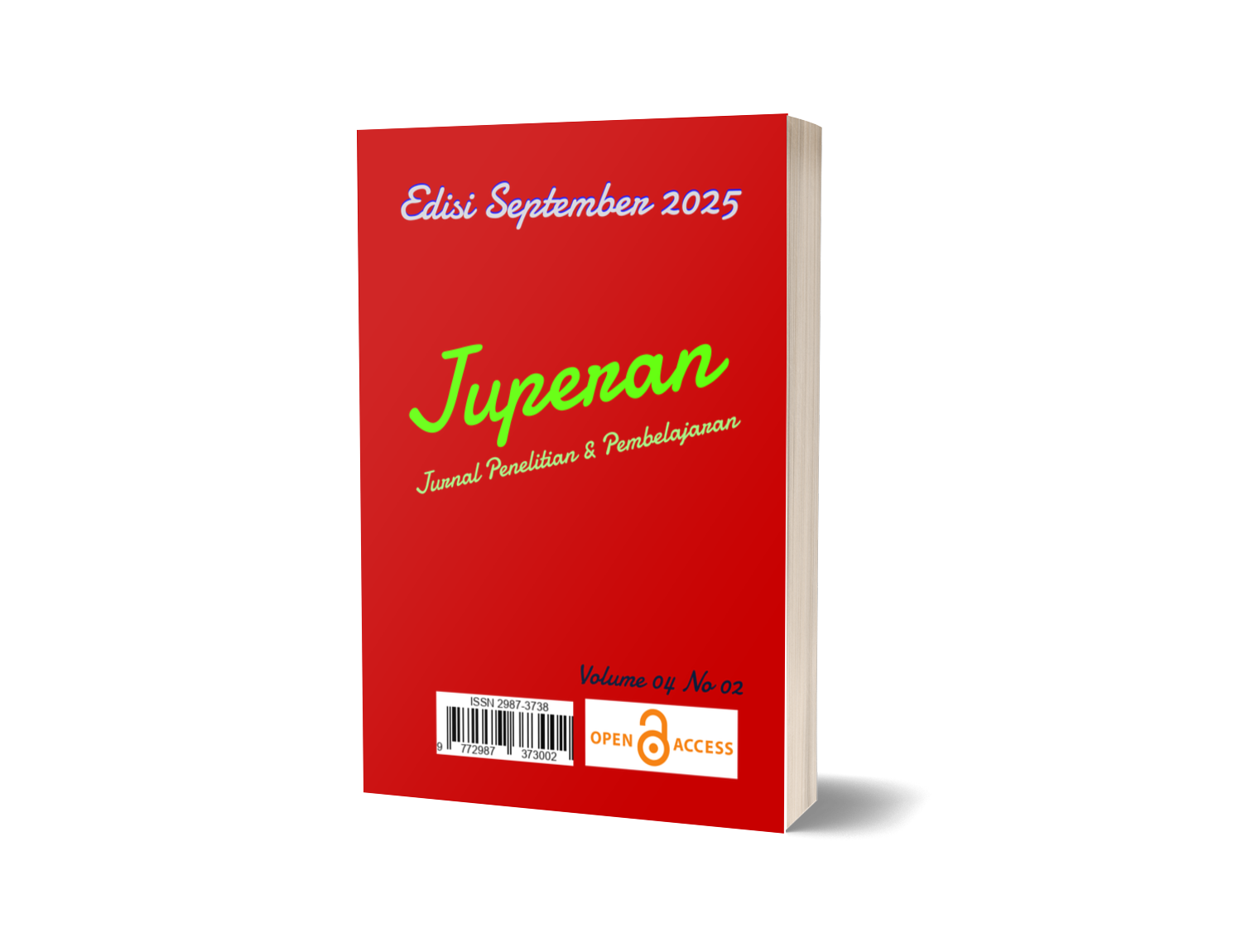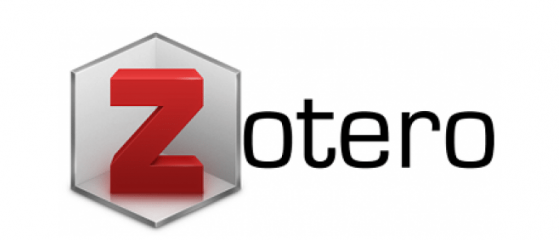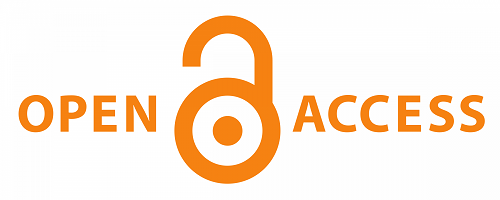Fostering Academic Self-Efficacy in Adolescents: A Case Study of Counseling Strategies in Secondary Schools
Kata Kunci:
Counseling Services, Self-Confidence, High School StudentsAbstrak
This study aims to examine and evaluate various counseling service approaches to enhance the self-confidence of 11th-grade high school students. Self-confidence is a crucial aspect that influences students’ academic success and social development. The research method used is qualitative with a descriptive approach, involving in-depth interviews with students and guidance counselors (BK teachers) at SMA Muhammadiyah Mlati, as well as analysis of documentation related to the counseling programs available at the school. The results show that guidance counselors play a central role in providing individual and group counseling services aimed at motivating and assisting students in building their self-confidence. Effective collaboration among guidance counselors, school principals, homeroom teachers, and subject teachers in designing systematic counseling programs significantly contributes to the success of these services. This study recommends the development of integrated and sustainable counseling services to support students’ psychological well-being and improve their academic achievement comprehensively
Unduhan
Referensi
Alrashidi, N. et al. (2023) ‘Effects of simulation in improving the self-confidence of student nurses in clinical practice: a systematic review’, BMC Medical Education, 23(1), pp. 1–12. Available at: https://doi.org/10.1186/s12909-023-04793-1.
Apriwulan, H.F. et al. (2025) ‘Library service management as an effort to cultivate students’ reading interest in improving activities and learning outcomes’, Curricula: Journal of Curriculum Development, 4(1), pp. 199–214. Available at: https://doi.org/10.17509/curricula.v4i1.76911.
Astiwi, W., Siswanto, D.H. and Suryatama, H. (2024) ‘Description regarding the influence of teacher qualifications and competence on early childhood learning achievement’, Asian Journal of Applied Education (AJAE), 3(3), pp. 347–358. Available at: https://doi.org/10.55927/ajae.v3i3.10360.
Astutik, W.D., Siswanto, D.H. and Kintoko (2025) ‘Penerapan RME: Peningkatan Prestasi Belajar Matematika Murid’, Murabbi, 4(1), pp. 46–56. Available at: https://doi.org/10.69630/jm.v4i1.61.
Badriah, S., Zakiyah, Q.Y. and Supiana, S. (2023) ‘Al islam and Kemuhammadiyahan (AIK) curriculum policy study’, Educenter : Jurnal Ilmiah Pendidikan, 2(3), pp. 291–298. Available at: https://doi.org/10.55904/educenter.v2i3.930.
Creswell, J.W. (2014) Reseach design: Pendekatan kualitatif, kuantitatif, dan mixed. Yogyakarta: Pustaka pelajar.
Devitasari, C.R., Mahmudi, I. and Kadafi, A. (2022) ‘Konseling Kelompok Behavior Teknik Time Out Untuk Merubah Perilaku Bullying’, Prosiding SNBK (Seminar Nasional Bimbingan dan Konseling), 6(1), pp. 72–79.
Dewi, S.L. (2022) ‘Pengaruh Pembelajaran Berbasis Permainan pada Pendidikan dan Perkembangan Anak Usia Dini’, Aulad: Journal on Early Childhood, 5(2), pp. 313–319. Available at: https://doi.org/10.31004/aulad.v5i2.346.
Dinh, T.N.T. et al. (2025) ‘The capacity of primary school inclusive teachers meets the requirements of the 2018 general education program’, Multidisciplinary Science Journal, 7(3), pp. 1–12.
Dolapcioglu, S. and Doğanay, A. (2022) ‘Development of critical thinking in mathematics classes via authentic learning: An action research’, International Journal of Mathematical Education in Science and Technology, 53(6), pp. 1363–1386. Available at: https://doi.org/10.1080/0020739X.2020.1819573.
Falloon, G. (2024) ‘Investigating pedagogical, technological and school factors underpinning effective “critical thinking curricula” in K-6 education’, Thinking Skills and Creativity, 51(November 2023), p. 101447. Available at: https://doi.org/10.1016/j.tsc.2023.101447.
Hanama, A. et al. (2024) ‘Program market day sebagai stimulus untuk mengembangkan karakter kewirausahaan murid sekolah dasar’, MURABBI, 3(2), pp. 62–70. Available at: https://doi.org/10.69630/jm.v3i2.39.
Harahap, A.S. et al. (2025) ‘Developing Financial Literacy and Investment Awareness to Promote Healthy Financial Behavior among High School Students’, Jurnal Pengabdian Masyarakat Bestari (JPMB), 4(6), pp. 459–468. Available at: https://doi.org/10.55927/jpmb.v4i6.180.
Hastuti, E.S. et al. (2021) ‘Kecemasan Siswa Sekolah Menengah Pertama Dalam Menyelesaikan Masalah SPLDV pada Kelas Virtual’, International Journal of Progressive Mathematics Education, 1(1), pp. 63–84. Available at: https://doi.org/10.22236/ijopme.v1i1.6914.
Hatmoko, F.T. et al. (2025) ‘Maksimalisasi Kemampuan Pemecahan Masalah Matematika melalui Penerapan Model PBL pada Siswa SD’, Murabbi, 4(1), pp. 13–21. Available at: https://doi.org/10.69630/jm.v4i1.51.
Janah, N. et al. (2025) ‘Assistance of digital information systems to improve learning quality in vocational students’, Dedicated: Journal of Community Services (Pengabdian kepada Masyarakat), 3(1), pp. 251–262. Available at: https://doi.org/10.17509/dedicated.v3i1.82125.
Kintoko et al. (2025) ‘Analysis of students’ mathematical literacy skills on the Pythagorean Theorem in Junior High School’, JOELI: Journal of Educational and Learning Innovation, 1(3), pp. 180–190. Available at: https://doi.org/10.72204/j6t4a573.
Li, A. et al. (2022) ‘Does your group matter? How group function impacts educational outcomes in problem-based learning: a scoping review’, BMC Medical Education, 22(1), pp. 1–34. Available at: https://doi.org/10.1186/s12909-022-03966-8.
Mala, R., Surya, P. and Soswanto, D.H. (2025) ‘Managing Character Education for Students with Special Needs: A Framework of Planning, Organizing, Implementation and Evaluation’, ITQAN: Jurnal Ilmu-ilmu Kependidikan, 16(1), pp. 65–76. Available at: https://doi.org/10.47766/itqan.v16i1.5998.
McDermott, E. et al. (2023) ‘Understanding How School-Based Interventions Can Tackle LGBTQ+ Youth Mental Health Inequality: A Realist Approach’, International Journal of Environmental Research and Public Health, 20(5). Available at: https://doi.org/10.3390/ijerph20054274.
Mimin, E. (2023) ‘Integrasi Nilai-Nilai Kearifan Lokal Dengan Kurikulum PAUD: Strategi Mewujudkan Siswa PAUD Profil Pelajar Pancasila’, Jurnal Golden Age, 7(01), pp. 93–104. Available at: https://doi.org/10.29408/goldenage.v7i01.18336.
Phage, R.J., Molato, B.J. and Matsipane, M.J. (2023) ‘Challenges Regarding Transition from Case-Based Learning to Problem-Based Learning: A Qualitative Study with Student Nurses’, Nursing Reports, 13(1), pp. 389–403. Available at: https://doi.org/10.3390/nursrep13010036.
Pramana, C. et al. (2021) ‘Strategies to Improved Education Quality in Indonesia: A Review’, Turkish Online Journal of Qualitative Inquiry (TOJQI), 12(3), pp. 1977–1994.
Pratama, M.W. and Chandra, A.Y. (2023) ‘Sistem Pendukung Keputusan Penentuan Sanksi Disiplin Siswa Menggunakan Metode Smart’, Journal Of Information System And Artificial Intelligence, 3(2), pp. 228–239.
Putri, H.A. et al. (2025) ‘Analisis Kesulitan Belajar Matematika Murid Sekolah Dasar: Karakteristik, Faktor Penyebab, dan Upaya Penanganan’, MURABBI, 4(1), pp. 1–12. Available at: https://doi.org/10.69630/jm.v4i1.50.
Rambe, M.Y. et al. (2025) ‘Fostering pancasila awareness: Youth dialogue to counter the threat of global radicalism’, Jurnal Ilmiah Multidisiplin Ilmu, 2(2), pp. 113–120. Available at: https://doi.org/10.69714/773zb791.
Sadiyah, K. et al. (2025) ‘Self-efficacy, learning styles, and learning discipline as predictors of mathematics achievement among vocational school students’, Jurnal Ilmiah Multidisiplin Ilmu, 2(3), pp. 138–148. Available at: https://doi.org/10.69714/40sjf608.
Saleh, F. et al. (2025) Kurikulum dan Pengembangan Kurikulum. Padang: Literasi Langsung Terbit.
Samawati, I. and Kurniasari, I. (2021) ‘Students’ Communication Skills In Solving Mathematical Literacy Problems Based On Mathematical Abilities’, Journal of Medives : Journal of Mathematics Education IKIP Veteran Semarang, 5(1), p. 22. Available at: https://doi.org/10.31331/medivesveteran.v5i1.1421.
Siswanto, D.H., Syah, A.B.P.D.A.F. and Kuswantara, H. (2025) ‘Differentiated learning strategies for enhancing engagement and achievement in mathematics: A classroom action research study’, Jurnal Padamu Negeri, 2(3), pp. 100–107. Available at: https://doi.org/10.69714/55abts08.
Suryani, E.A., Siswanto, D.H. and Pisriwati, S.A. (2024) ‘Strengthening teacher competence through differentiated instruction training as an implementation of the merdeka curriculum’, JOELI: Journal of Educational and Learning Innovation, 1(2), pp. 137–146. Available at: https://doi.org/10.72204/hcx45b98.
Tarso et al. (2025) ‘Influence of Work Motivation, Job Satisfaction, and Organizational Commitment on Muhammadiyah High School Teacher Performance’, JOELI: Journal of Educational and Learning Innovation, 1(3), pp. 203–212. Available at: https://doi.org/10.72204/1afzj289.
Tarso, Siswanto, D.H. and Setiawan, A. (2025) ‘Teacher qualifications in the implementation of the Kurikulum Merdeka and ISMUBA’, Curricula: Journal of Curriculum Development, 4(1), pp. 13–28. Available at: https://doi.org/10.17509/curricula.v5i1.76836.
Taylor, A. et al. (2022) The Skills Imperative 2035: what does the literature tell us about essential skills most needed for work?, Education Journal.
Tham, P.T.H. et al. (2022) ‘Factors Affecting the Perception of Happiness among Teachers in Vietnam’, Journal of Education and e-Learning Research, 9(3), pp. 199–206. Available at: https://doi.org/10.20448/jeelr.v9i3.4191.
Tseng, T.J. et al. (2022) ‘The effect of a multidimensional teaching strategy on the self-efficacy and critical thinking dispositions of nursing students: A quasi-experimental study’, Nurse Education Today, 119(September), p. 105531.
Vasiou, A. et al. (2023) ‘Exploring Parenting Styles Patterns and Children’s Socio-Emotional Skills’, Children, 10(7), pp. 1–20. Available at: https://doi.org/10.3390/children10071126.
Wahyuni, N. et al. (2025) ‘Workshop Parenting Berbasis Keluarga untuk Mengoptimalkan Pengasuhan Siswa Sekolah Menengah Atas’, Jurnal Solusi Masyarakat Dikara, 5(1), pp. 1–6.










